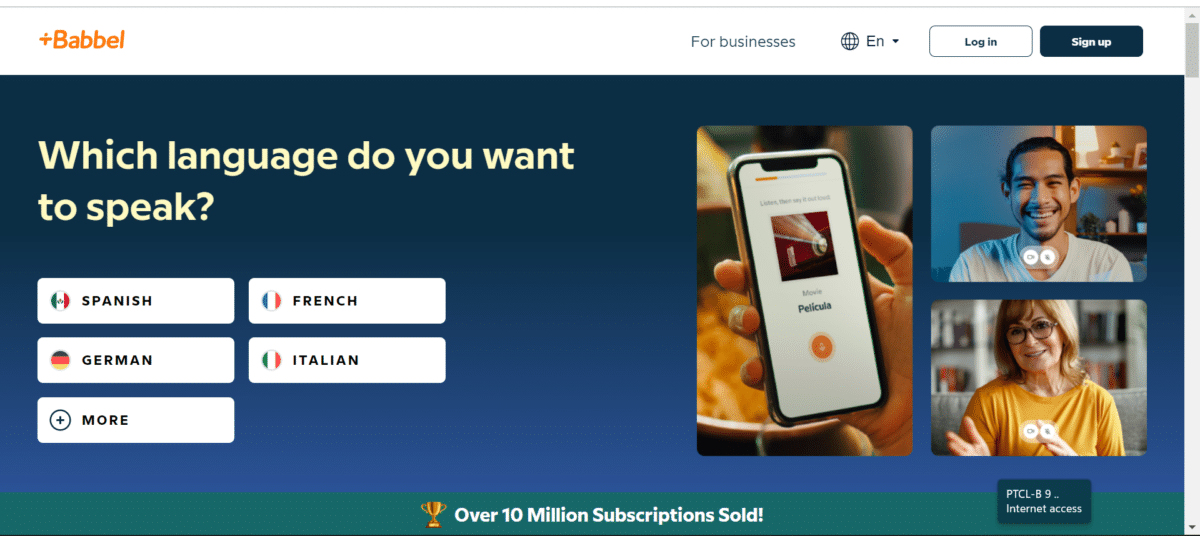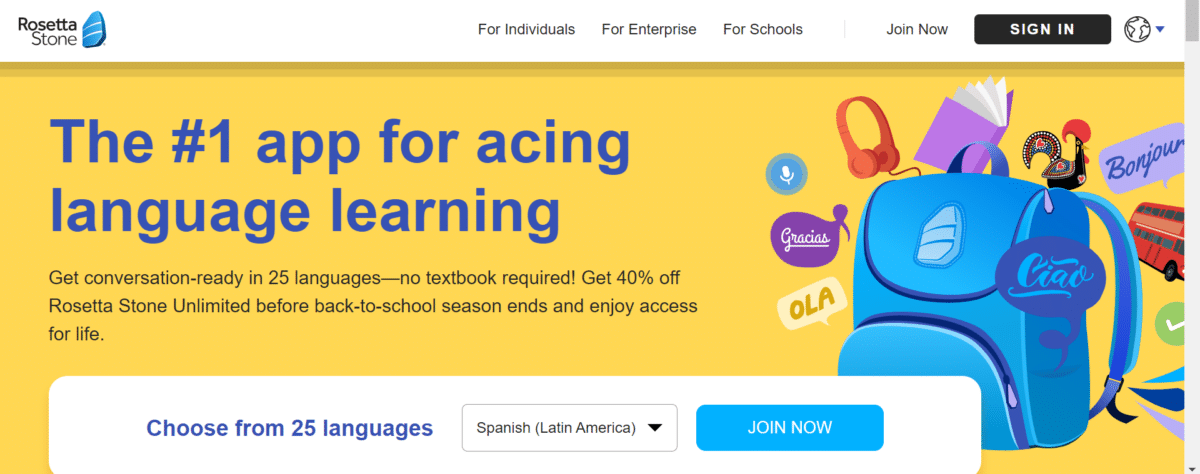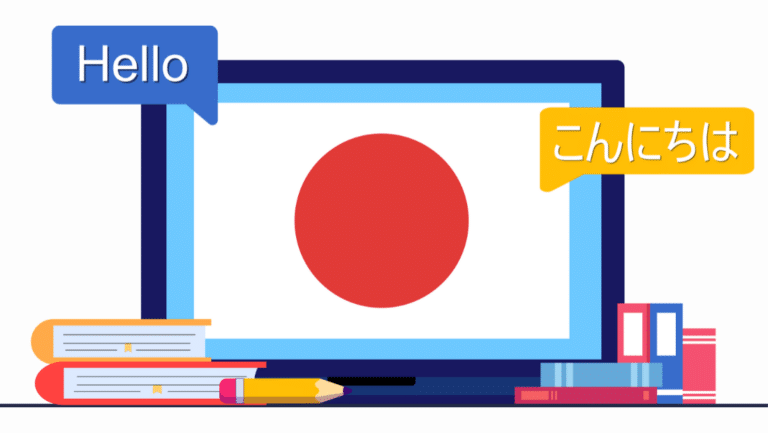When it comes to learning a language like Spanish, the world’s fourth most spoken language, you will surely be exposed to a number of platforms available. Every language learning platform offers Spanish programs, and it can be kind of hectic to find the best one that is worth your effort and time.
Two prominent players in this field are Babbel and Rosetta Stone. But then the question pops up, “Which is better for learning Spanish Babbel or Rosetta Stone?”.
In this comprehensive analysis, we will review both platforms and their Spanish programs to help you choose the best one to start your Spanish endeavor right away!
So, hold on tight, and let’s dive into this enlightening journey together!
Babbel: An Overview

Babbel is an online language learning platform designed to help people learn various languages effectively. It follows a structured approach and provides a user-friendly interface for a better user experience. The app currently offers 14 languages, and Spanish is one of the most popular choices from them.
Babbel has a website and an app as well to provide ease of learning for its users. They provide lessons in small parts to keep them convenient for people with busy schedules. The best thing is their practical approach that focuses on real-life conversation.
Related: Is Babbel Any Good for Learning Spanish?
Rosetta Stone: An Overview

Rosetta Stone is yet another strong contender when it comes to the e-learning sector for languages. It was released in 1992, so it has been around for a long and evolved ever since.
The immersive approach of the online platform makes language learning easy and engaging for learners. It places you in a virtual environment where only Spanish is spoken. Think of it as being dropped in the middle of Madrid without a phrasebook! Scary? Maybe a little. Effective? Absolutely.
Instead of direct translations, you learn new words and phrases in the context of sentences or visual situations. However, its intense immersion and time commitment might not be everyone’s cup of tea.
Related: How Good Is Rosetta Stone for Spanish?
Comparison Between Babbel & Rosetta Stone
Features & User Experience
Babbel’s user-friendly user interface offers clearly structured lessons and interactive exercises. Its app is well-designed for learning on the go.
Rosetta Stone’s key feature is its Dynamic Immersion method, creating a virtual all-Spanish environment. It helps people learn quickly through visual cues and images.
Approach and Methodology
Babbel and Rosetta Stone have different approaches to language learning. Babbel’s structured lessons focus on real-world situations, while Rosetta Stone relies on images and context for intuitive learning.
Babbel offers interactive exercises, including listening, speaking, writing, and grammar practice. Rosetta Stone’s exercises involve matching images to words and phrases.
Technology Comparison
Babbel features a voice recognition tool, so for Spanish learners, they can use this tool which can aid in perfecting pronunciation. Rosetta Stone also uses the TruAccent® speech recognition engine, providing real-time pronunciation feedback.
The platforms also differ in their technology utilization. For Babbel, it is necessary to have an internet connection, while Rosetta Stone provides the ease of accessing the lessons offline, making it one of the best features for those with unreliable internet.
Cost and Subscription Plans
Babbel operates on a subscription model, with prices decreasing as your commitment increases. A one-month subscription will cost you $12.95, but the per-month cost drops as low as $6.95 if you commit to a one-year plan. It provides flexibility for learners who might want to switch languages or are uncertain about their long-term learning plans.
Rosetta Stone, on the other hand, offers both a subscription model and a lifetime access option. The subscription model is similar to Babbel’s pricing, starting at $11.99 per month for a 3-month commitment. For learners invested in mastering Spanish or multiple languages, they offer lifetime access for $199. This gives you unrestricted access to all the languages on their platform for life.
Verdict – Which is Better for Learning Spanish Babbel or Rosetta Stone?

When the question is, ‘Which is better for learning Spanish Babbel or Rosetta Stone?’ This comparison makes it clear that both Babbel and Rosetta Stone bring unique strengths to the table.
Babbel stands out with its practical, conversation-based approach, flexible lessons, and strong focus on grammar and vocabulary. It is ideal for those with a consistent internet connection looking for a practical and flexible learning style.
Rosetta Stone, on the other hand, excels with its immersive, context-based learning approach. Its speech recognition engine, TruAccent®, and offline accessibility make it a strong contender, especially for learners able to invest more time and those with unreliable internet access.
In the end, the “better” platform is subjective and depends on your individual learning style, goals, time commitment, and internet availability. Whether you choose the practical and flexible Babbel, or the immersive and comprehensive Rosetta Stone, both platforms have proven to be effective tools for learning Spanish. Good luck with your journey!
